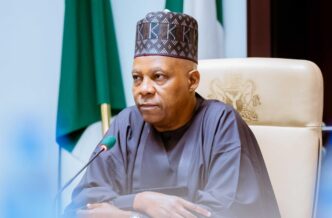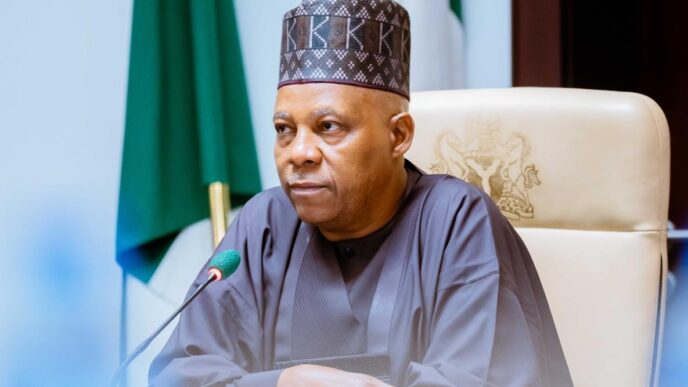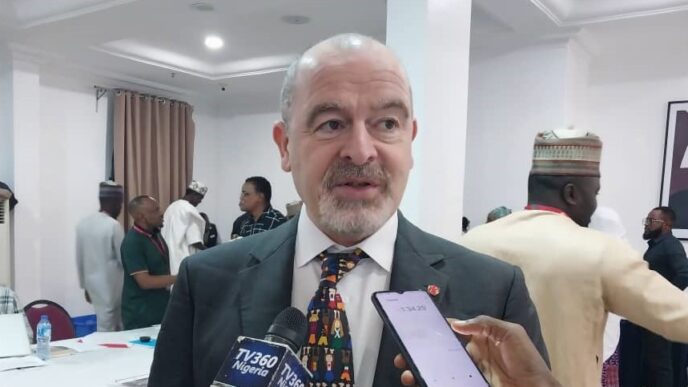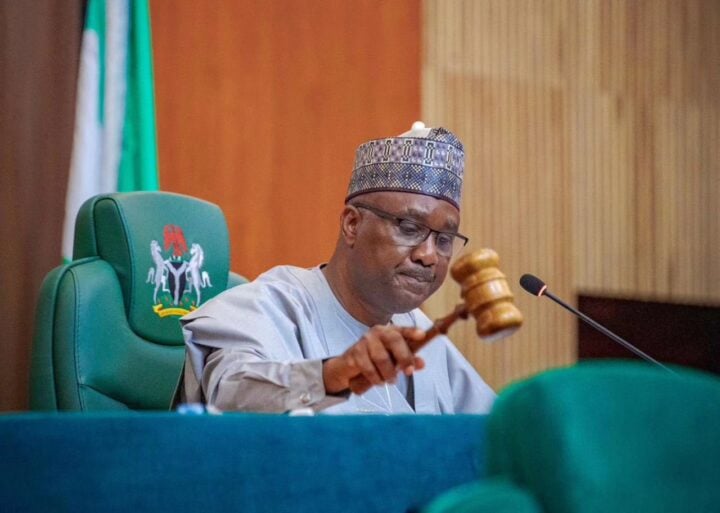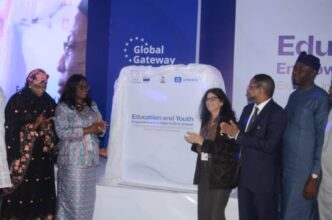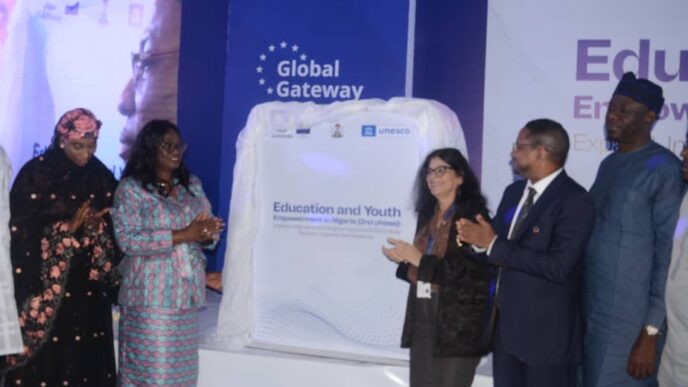L-R: Mastercard Foundation's chief programme officer Peter Materu, Nigeria's education minister Tahir Mamman, Mastercard Foundation's programme director for Nigeria Rosy Fynn, and director at Mastercard Foundation's Centre for Innovative Teaching & Learning Joseph Nsengimana at Transcorp Hilton, Abuja on July 8, 2024.
Education sector stakeholders across Africa have asked governments on the continent to set and enforce clear standards for the integration of technology into school curricula.
About 600 stakeholders from over 30 countries in Africa and beyond came together in Abuja at the inaugural Mastercard Foundation EdTech Conference.
The conference, which was held from July 8 to 10 in partnership with the Nigerian government, discussed strategies for harnessing education technology to drive inclusive learning in Africa.
Participants reached a consensus that integrating technology into learning systems on the continent is now a necessity, not a luxury.
Advertisement
The conference concluded with a collective call to action on 10 recommendations for governments and other education technology stakeholders:
- Systematise education technology integration by introducing (where nonexistent) and enforcing clear, context-relevant standards for technology integration into the educational curriculum.
- Champion local innovation through supportive education technology policies, with governments as leaders, proactive enablers, and consumers of quality content and delivery mechanisms.
- Harmonise cross-sector policy by coordinating inter-ministerial strategies, plans, and initiatives on technology-enabled access to education for all.
- Underwrite foundational infrastructure through creative use of resources such as Universal Service Funds to invest in electricity, the internet, devices, and dedicated infrastructure for education programmes.
- Drive decisions with data by investing in government systems and capabilities for timely collection, analysis, and informed decision-making.
- Enhance delivery capacity along the education technology value chain by upskilling teachers to deliver learning using education technology and supporting leaders in education systems to work with tech-enabled processes and data.
- Guide context-relevant innovation with clear and timely guidelines and approval processes for content, tools, and licenses to encourage innovation, investment, and technology mainstreaming.
- Diversify learning pathways for out-of-school youth by developing flexible technology-enabled alternatives for learning, accredited certification, and re-entry to the formal education system.
- Lower access barriers to education technology through strategic private-public partnerships that support responsive, evidence-based policy, and affordable solutions for all.
- Embed responsive inclusivity (gender equity, persons with disabilities and refugees and displaced persons) in policy and innovation processes, centring and engaging diverse young people throughout development and delivery.
At the conference, Peter Materu, chief programme officer at the Mastercard Foundation, said investing in education in Africa is not only about Africa.
“It is about investing in human capital for the world. It is also about building resilience in our learning systems to better prepare us for future shocks such as the recent COVID-19 pandemic,” he added.
Advertisement
Discussions at the conference focused on the state of EdTech in Africa, assessment of technology-enabled solutions to the continent’s education challenges, data evidence, collaborations, funding, and opportunities to tap into emerging technologies.
Tahir Mamman, Nigeria’s minister for education, said technology has become an incentive that ignites the passion for learning.
Bosun Tijani, Nigeria’s minister for communications, innovation, and digital economy, added that technology integration in school processes and curriculum is critical to guarantee inclusive learning.
“If we fail to reach all learners, we fail to fulfil our potential to revolutionise education,” the minister said.
Advertisement



